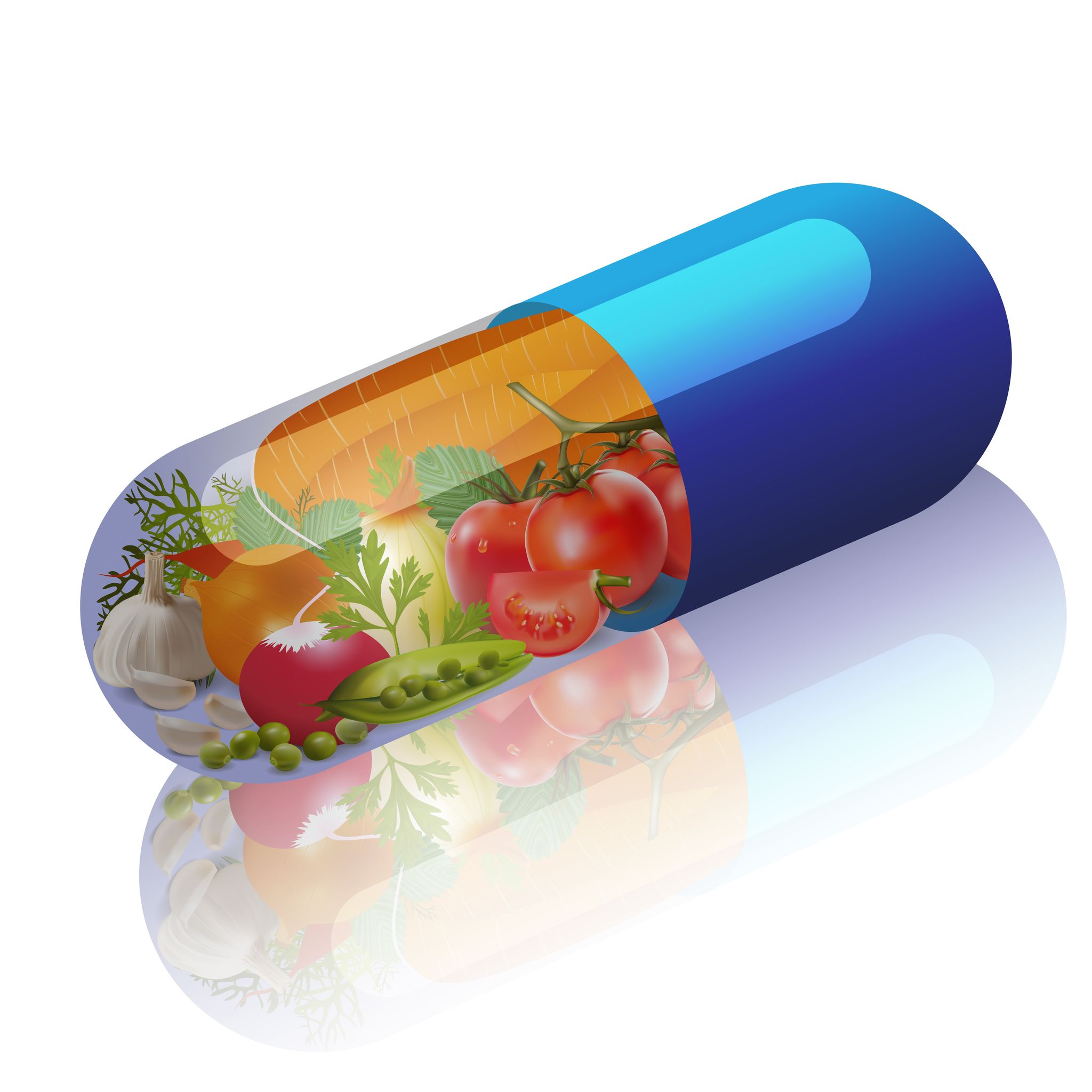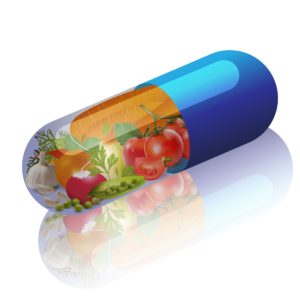Irritable Bowel Syndrome (IBS) is a gastrointestinal disorder that is characterized by food intolerance and abdominal pain, often occurring after consuming spicy or fatty foods and beverages including coffee or alcohol. It is a common condition which affects more women than men, and at this time there is no cure for it. Doctors and researchers have been searching for effective treatment options to relieve the discomfort that results from IBS, and further discoveries have been made about the condition itself.
Some Causes of IBS:
- Food poisoning
- Stress,
- Reaction to antibiotics
- Genetics
Gastroenteritis is linked with IBS because it heightens the sensitivity of nerve pain fibers which can result in pain even following recovery. IBS tends to recur throughout a person’s lifetime and it can be debilitating. While there is not currently a cure, peppermint has been known for years to ease the discomfort associated with IBS.
Symptoms of IBS:
- Abdominal Pain
- Bloating
- Diarrhea
- Constipation
Effective Management of IBS
Peppermint has been shown to effectively relieve the pain and inflammation of the gastrointestinal tract that individuals who suffer from Irritable Bowel Syndrome experience. Recent studies have indicated that it works by reducing the pain-sensing fibers located in the intestines which can be irritated by ingesting certain foods, including chili and mustard.
Due to the success researchers have found in treating IBS with peppermint, peppermint may be integrated into mainstream medicine as a treatment option. The fact that health care practitioners are beginning to see peppermint as a viable option for treating this condition means that further breakthroughs for IBS sufferers could be just down the road.





